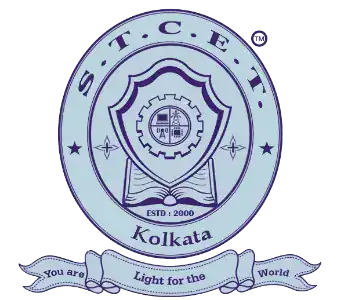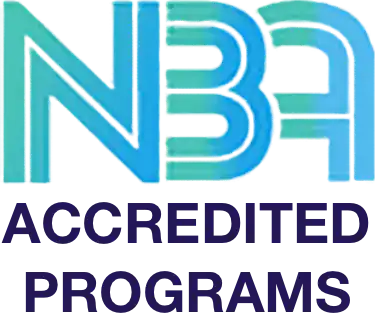Computer Science & Engineering (UG Course)
Program Educational Objectives (PEOs)
Graduates of Computer Science and Engineering program shall
PEO1: Have skills to solve the problems by analysis, design, develop and implementation of algorithms leading to optimal solutions fulfilling the dynamic requirement of industry and society.
PEO2: Have good understanding of Computer Science and Engineering concepts, making them practicing engineers with sound knowledge of logic and design, in Industries.
PEO3: Undertake research in emerging fields in computer science and engineering so as to face the challenges of global challenges in their higher studies and by lifelong learning.
Program Specific Outcomes (PSOs)
PSO1: Programming skills: Apply fundamental knowledge and programming aptitude to identify, design and solve real life problems.
PSO2: Professional skills: Students shall understand, analyze and develop software solutions to meet the requirements of industry and society.
PSO3: Competency: Students will be competent for competitive examinations for employment, higher studies and research.
Intake Capacity
Intake Capacity approved by AICTE and affiliated to MAKAUT – 180

